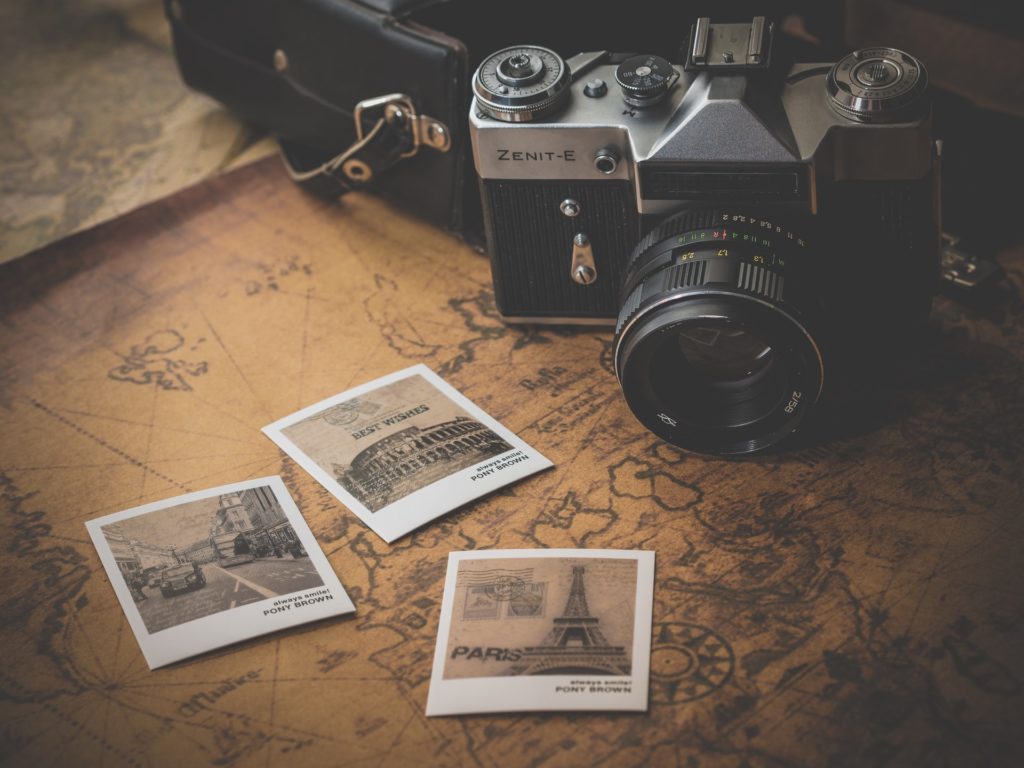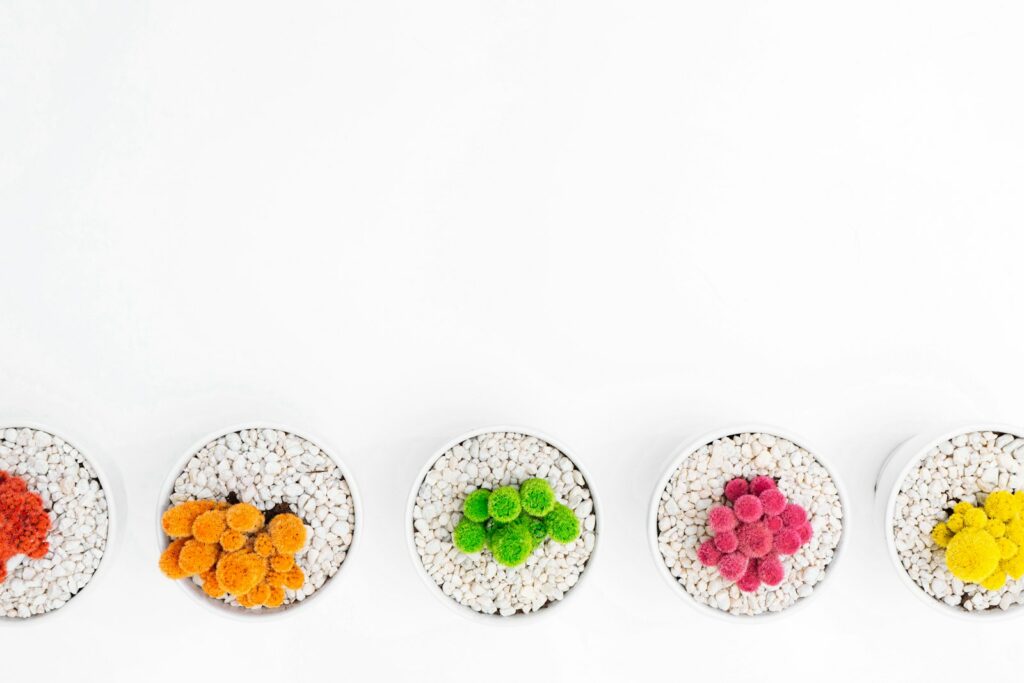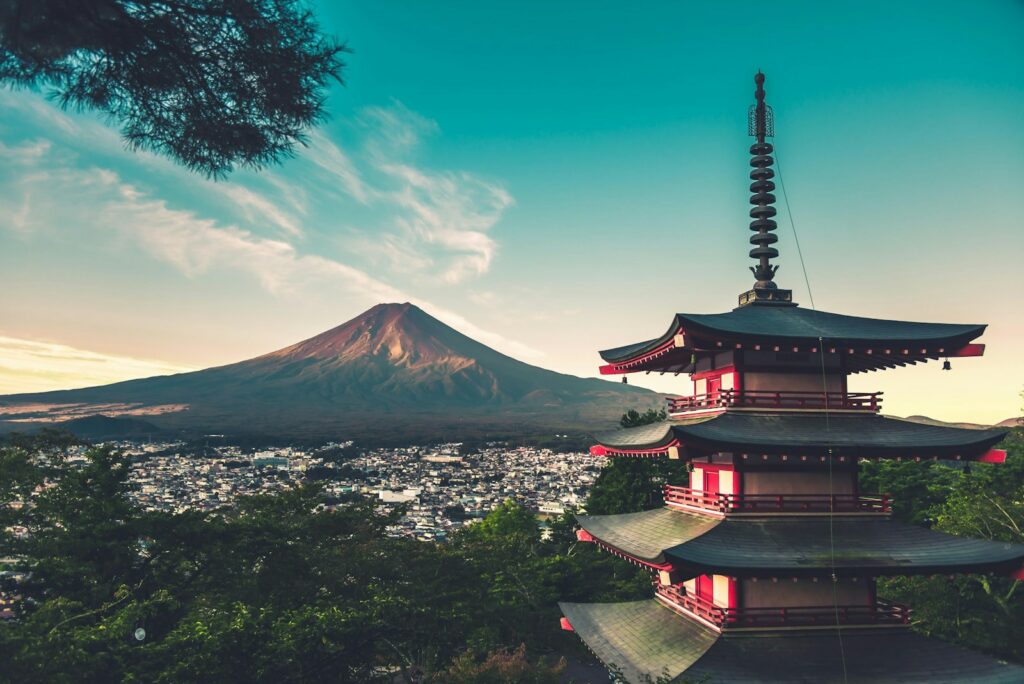One of the raging debates in the photography world these days is how much is a photograph worth?
There are so many stories about copyright infringement and the like that it is almost impossible to count them.
You can read some of our favorites by clicking here, here, and here.

One thing that hasn’t helped is the ubiquity of digital media on the Internet and, particularly, on social media platforms.
It’s almost impossible to not have your work stolen.
But what really irks a lot of photographers is this culture that is growing up around these platforms that seems to say that photographs, and even video, have no value. The photographer should be thankful for the “exposure” or any other nonsense along those lines.
Of course, this proposition is usually couched in the language of helping other creatives who, we assume, would like to make money off of their work.
So why are photographers expected to give things away for free?
Photo Shelter had an awesome piece looking at the relationship between website creator Squarespace and photography archive Unsplash.
Specifically, Photo Shelter’s Allen Murabayashi draws issue with Squarespace’s partnership with Unsplash to replace demo imagery with high-quality, free photographs sourced from Unsplash.
Murabayashi quotes Squarespace, “ Now, instead of putting extra time or money into creating your own visuals, now you can simply replace the demo content on your chosen template with ease. Unsplash has an active group of contributing photographers from all around the world who have generously decided to share their work with others in the broader creative community, for free.”
As Murabayashi points out, with photographers being so generous, why isn’t everyone else being generous with their work?
It’s a two way street, and one where many photographers are becoming the victim of a hit and run.
Murabayashi also draws issue with the Unsplash Awards which are looking for photographs in 12 content categories.
The winners from each category will then have the opportunity to win an actual prize, albeit by lottery: “All categories winners will be automatically entered into a draw for a chance to win 1 of 3 free flights from Hopper, valued at $600 each.”
Of course, reactions from photographers on the Internet were less than positive.
That was probably to be expected.
But what do you think?
Has the rise of social media and the increase in the number of photographs taken every day by people of every background devalued the art? Or are people just being cheap?
Let us know in the comments.





3 Comments
Totally
I think the Photoshelter reaction was over the top. Every photographer has the right to choose to sell or give away thier work. This is no different to any art form or service. Why can’t photographers choose to give thier work away for free. The photography industry has shifted and there is no doubt about that. Blaming others for this shift is fruitless. We all need to figure out how to survive in the new world. Unsplash is hardly a new concept. Flickr has had Creative Commons licensing for many years.
It is clearly a personal choice.
The same is true of any industry where there are both hobbyists and professionals offering the output of their efforts.
When hobbyists offer images for free they immediately devalue professional images in the minds of potential clients. Many hobbyists are rightfully proud of the quality of their work, which can exceed professional expectations.
Whilst it is the right of any photographer to allow use of their images at cost or free of charge, for those relying on photography as an income, freebies lower the overall value perception in the market, creating an even bigger gap between images that are ‘worth paying for’ and those that folks feel entitled to for free. This may inevitably put off new talent by making the gap between passionate amateur beginner and paid professional seem insurmountable.
As a reenactor, I see the same thing happening in the historical education field – if someone will do it for free, everyone expects the work to be given away, so consistency and quality can often diminish as a result.